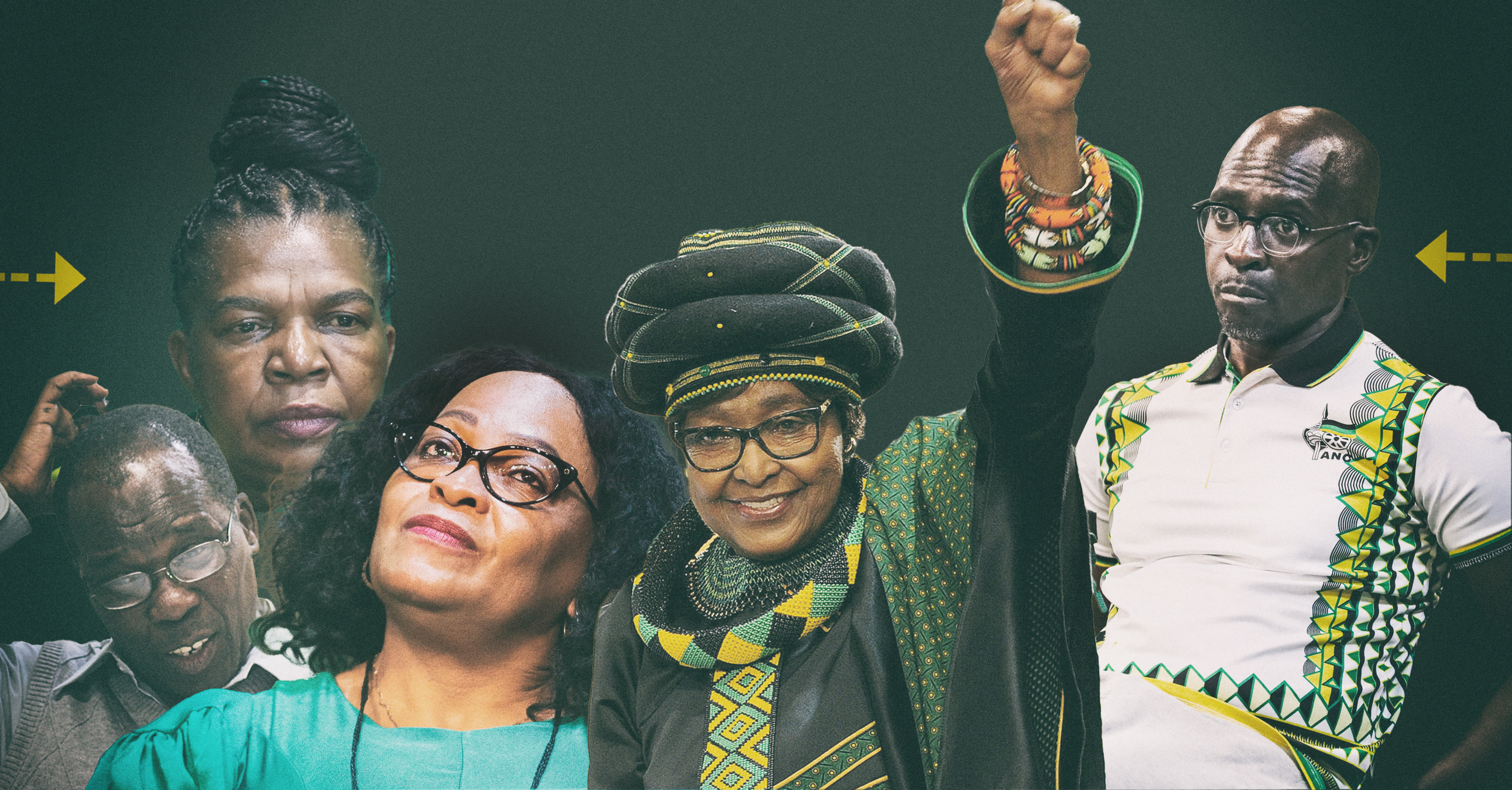On Monday, the ANC’s National Executive Committee (NEC) began holding what was described as a “special extended meeting”. Its purpose was to formalise the lists of potential representatives to represent the party in Parliament and the provincial legislatures that must be handed to the Electoral Commission by Friday afternoon.
It was clear that the main question would be about those against whom findings of corruption have been made.
As the ANC’s Integrity Commission has said, there are many senior members — up to 97 — against whom the Zondo Commission has made such findings, but who have not explained themselves to the party.
At the same time, the ANC Veterans League has been saying as loudly as it can that none of those people should be included on the party’s lists.
However, the NEC meeting appeared to end with no formal decision. Instead, there has been informed reporting that the decision will now be made by the party’s Top Seven national officials.
It is astonishing how similar this situation is to that in the ANC 10 years ago.
Then, at a conference at Mangaung in 2012, the party passed a resolution that anyone convicted of corruption must be expelled and anyone charged with wrongdoing must step down from their position.
However, when the 2014 elections came around, that resolution was ignored.
In a press conference just ahead of those polls, the then ANC secretary-general, Gwede Mantashe, was asked why Dina Pule, who had been disgraced as communications minister, had been included on the list.
There were also questions about a former Gauteng MEC, Humphrey Mmemezi, who had been fired after it emerged he had used government money to buy a painting in the parking lot of a McDonald’s.
While they were at the centre of attention on the list, in the end, neither went to Parliament.
Fifteen years ago, in 2009, the ANC included Winnie Madikizela-Mandela on its list, despite the fact she had faced so many claims (and was famously fired by her former husband, Nelson Mandela, as deputy minister of arts, culture, science and technology in 1996). She too did not take up a seat in Parliament after the 2009 election.
More recently, just five years ago, in 2019, the same process was repeated.
Then, Nomvula Mokonyane was in the No 10 position on the list, despite the accusations against her for running the Water Affairs Department into the ground (the person who took over from her, Gugile Nkwinti, said the department was a “mess”).
Gigaba sex tape
Malusi Gigaba, already known to be a liar, and the first politician in SA’s history to feature in a sex tape, was also on the list. So was Mosebenzi Zwane, who had helped the Guptas buy the Optimum Coal Mine. Their inclusions were the result of a process controlled by the secretary-general at the time, Ace Magashule. As we reported then, he was reassuring in his support of these people.
It emerged after the elections that Magashule had been correct in his confidence. He was then able to install Supra Mahumapelo and Zwane as chairs of important Parliamentary Committees.
There have since been significant changes.
Now, the process is not controlled by the secretary-general, but by an Electoral Committee, chaired by former president Kgalema Motlanthe.
Despite that, it is now — and was then — the NEC that makes the final decisions, which is why this issue has often been about the balance of power in the NEC. It’s why, in 2019, so many people who appeared opposed to President Cyril Ramaphosa’s agenda were able to get on the list and into Parliament (and some, ultimately, into Cabinet).
At the same time, the ANC secretary-general, Fikile Mbalula, repeated this week the party’s policy that at least 50% of those currently in Parliament must be retained to ensure continuity.
If this principle is to be followed, it will be difficult to make major changes to the parliamentary caucus. It could mean that some people with question marks against them have to be retained.
However, while the ANC has hardly changed over this issue, South Africa has.
There is more evidence than ever before that corruption will be a focal point of these polls, and there is, in some communities, anger at the party.
Ramaphosa is aware of this. It was he who said the ANC stands in the dock as “Accused Number One”.
And it is he who has promised, and claimed, and stated, and announced, that the ANC is in the process of renewal. And it is he who said just a month ago, “We will not stop until every person responsible for corruption is held to account.”
This has raised the bar. If the party now includes on its lists people who are implicated in corruption, then both he and the ANC are not standing by their commitments.
This could have a huge impact on the elections and energise opposition parties who claim the ANC is responsible for what the Freedom Front Plus has called the “plunder” of the country.
It is entirely possible that the final list submitted by the ANC on Friday afternoon will become one of the major issues of this election, playing a major role in its outcome. DM
Politics
Once again at the centre of pre-election attention — the ANC’s electoral lists





